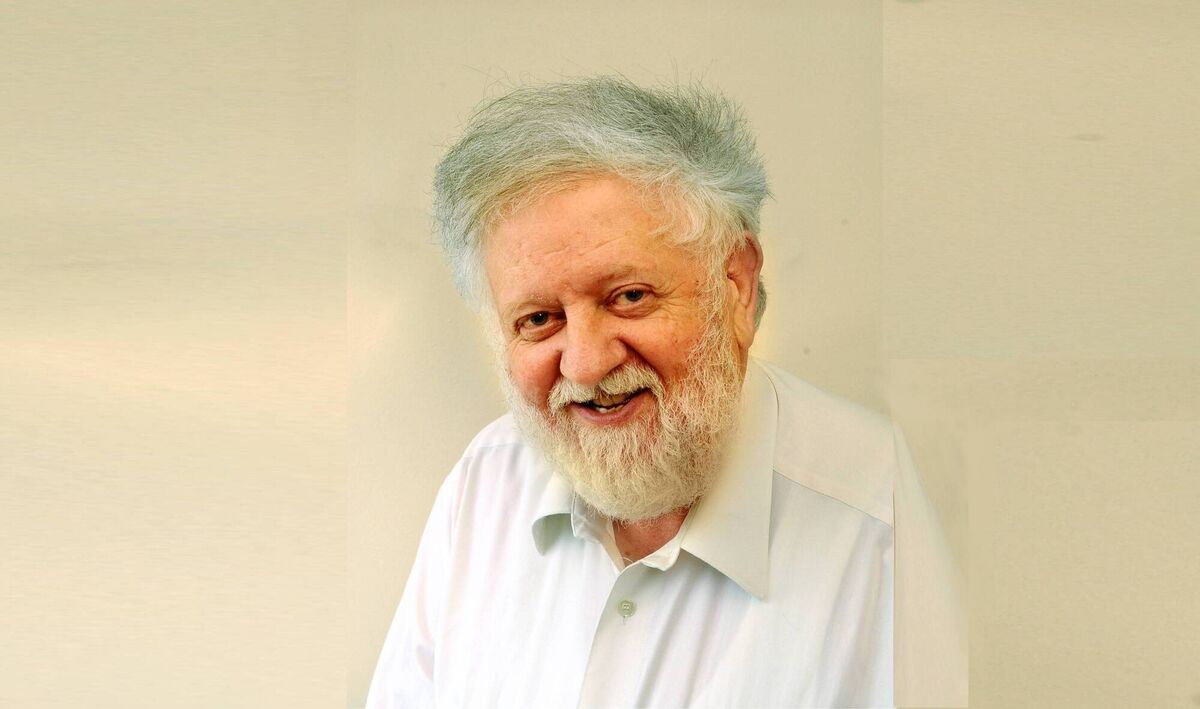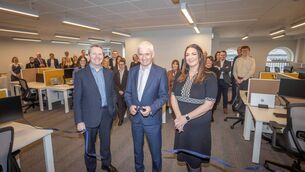Tea, biscuits and sharp wit from a lifetime of Council reporting

Cork County Council manager's conference, January 1943: (front row) J.P. Flynn, Tipperary NR & SR; D.C. Murphy, Louth; W.F. Quinlan, Kerry; E.A. Joyce, Carlow/Kildare; P.J. Bartley, Laois/Offaly; P.J. Meghen, Limerick; (second row) M.J. Egan, Mayo; C.I. O'Flynn, Galway; J.G. Browne, Roscommon; P.T. Healy, Wicklow; (third row) P. McGeogh, Monaghan; M.A. Veale, Cavan; S.D. MacLochlainn, Donegal; T. Hayes, Longford/Westmeath; S.J. Moynihan, Kilkenny/Waterford; (back row) J.F. Wrenne, Cork; D. O'Keeffe, Clare; J. Hurley, Meath; T.D. Sinnot, Wexford.
Veteran Irish Examiner reporter recalls attending the last Cork County Council meeting in the City Courthouse and the first held in the new County Hall skyscraper in 1968. Here are his memories from 33 years of chronicling the State’s second-largest local authority and his learning of tales from other times.






